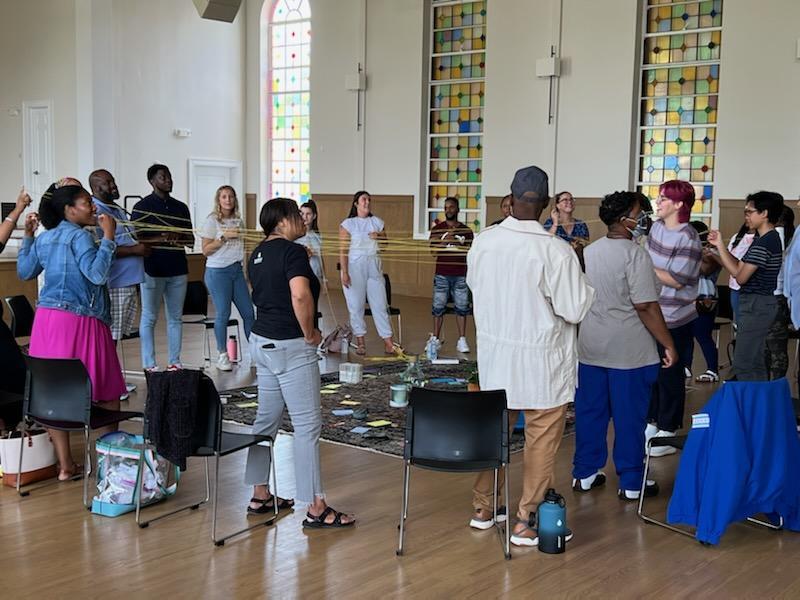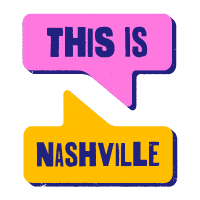
Our criminal legal system is designed to convict and punish those who commit crimes — but isn’t very effective at rehabilitation. Once someone gets caught up in the system, their chances of staying in or reoffending increases dramatically. Restorative justice is a model seeking to address harm on both victim and perpetrator sides of a crime — and to bring about a resolution that satisfies both parties.
Restorative practices can be employed in a plethora of environments, but what impact does taking a restorative approach to the legal system have? How are environments, communities and individuals changed when restorative justice is applied? Today, we talk to people who have first-hand experience in this method of conflict resolution.
Guests:
- Travis Claybrooks, Raphah Institute
- Dia Mimms, Raphah Institute program participant
- Quinton Perkins, Raphah Institute program participant
Further Listening and Reading:
This is Nashville | Advocating for Survivors — Even the Ones on the Inside
Raphah Institute
Dr. Rich Milner on classroom discipline, restorative practices and the opportunity gap
This episode was produced by Magnolia McKay.


